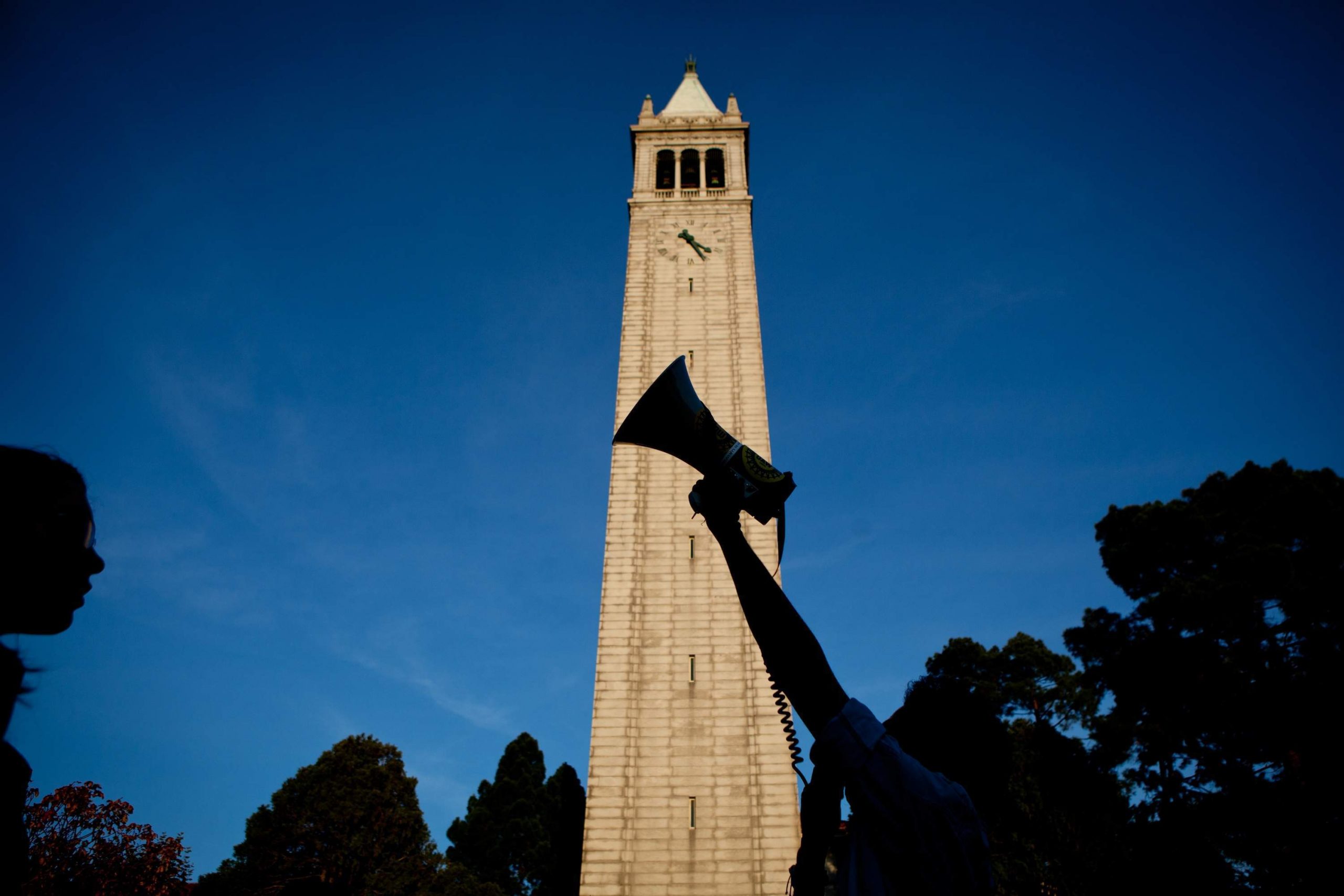
Fasten your seat belts and hold on to your hats, guys: there’s a new missive from Donald Trump. As dawn rose over Washington, the President took to Twitter to unleash a massive U-turn, in which he declared himself a defender of free speech, and swore to protect the innocent from violence.
Kind of. Here’s what actually happened. Milo Yiannopoulos, ex-Telegraph tech blogger and, under the name Milo Andreas Wagner, purveyor of truly God-awful poetry, had a talk cancelled at the University of California, Berkeley, which he had been invited to give by the Berkeley College Republicans.


